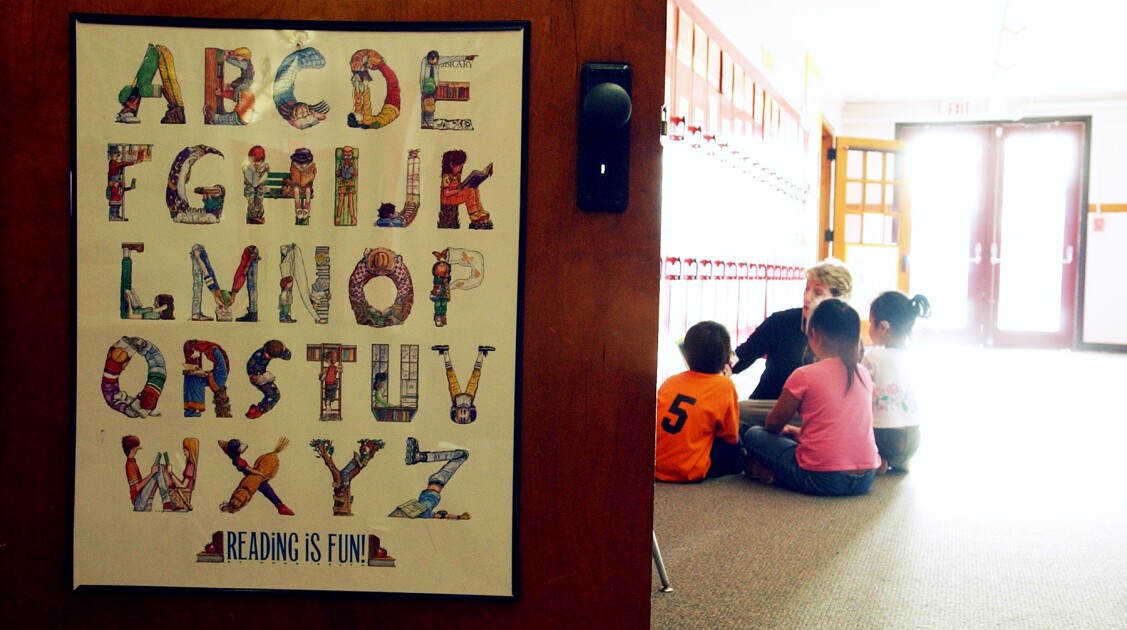Inventor Thomas A. Edison once famously said, “Genius is 1 percent inspiration, 99 percent perspiration.” But that doesn’t mean effort actually causes creative achievement.
In the ongoing education debate on the importance of talent and practice, new studies presented at the American Psychological Association’s annual conference here last week suggest grit may not do as much to boost creative achievement as it does for academics.
Well-known studies by developmental psychologist Angela L. Duckworth and colleagues at the University of Pennsylvania have found that a person’s “grit"—a measure of conscientiousness and perseverance—could predict everything from graduation rates at West Point to National Spelling Bee champions. Those findings have sparked intense interest among educators in nurturing student motivation, particularly at some schools like the Knowledge Is Power Program, or KIPP, charter schools that serve at-risk students.
But Magdalena G. Grohman, the associate director of the Center for Values in Medicine, Science, and Technology at the University of Texas at Dallas, argues that grittiness is not the end-all, be-all for student success. “When you look at it, these [areas studied by Ms. Duckworth] are well-defined areas and the rules for achievement are well-defined in those areas,” she said. “We know what to do to get good grades, what to do to stay in military school, and what to do to win in contests such as spelling bees. The rules are pretty clear on what the achievement is and what success is in these domains. But what about creative achievement?”
In two separate analyses of college undergraduates by Ms. Grohman and her colleagues, students filled out detailed questionnaires on personality, extracurricular activities, and grades, as well as data on prior creative activities and accomplishments. Students’ ratings on field surveys of grit and openness to experience were compared to their academic and extracurricular records.
Other Traits
Ms. Grohman found that neither grit nor two related characteristics of consistency and perseverance predicted a student’s success in various types of creative endeavors, including visual and performing art, writing, scientific ingenuity, or even creativeness in everyday problem-solving."These are ‘no results’ that we are actually excited about,” Ms. Grohman said during a presentation on creativity. “Creative achievement and grit, intellectual creativity and grit, everyday creativity and grit: no effects whatsoever.”
Rather, a student’s openness to new experiences was most closely associated with his or her likelihood of accomplishing creative works, she found.
In a separate study, Zorana Ivcevic Pringle, an associate research scientist at the Yale Center for Emotional Intelligence, at Yale University in New Haven, Conn., compared the academic records and the reports of high school students, their peers, and teachers.
The students worked on long-term group projects in teams of 50 students, and Ms. Pringle asked peers to select the 10 percent of their classmates who generated the most creative and original ideas during the projects. She asked teachers to rate each student on his or her passion for interests and persistence in achieving goals.
Ms. Pringle found that neither students’ individual scores on tests of grit nor their teachers’ ratings of high persistence were related to how creative they were on group projects.
However, as in the previous study, individual ratings of students’ openness to new experiences and teachers’ ratings of students with passion for their work did predict who would be the most creative.
Potential vs. Achievement
Ms. Pringle said she is still studying whether grit may come into play later on, when students’ creative ideas must be built out into long-term projects.
“There’s a difference between creative potential and achievement,” she said. “We all know people who have great ideas but never end up doing anything with them, and I’m really interested in what happens in that process,” she said.
Grit, Ms. Grohman said, “may not be as general of a trait as it’s supposed to be. To me, it’s a trait that taps into a really highly effective learner in a very structured environment, but not necessarily someone who thrives on different interests.”
Ms. Duckworth responded that she found the question interesting but has never studied grit and creativity, and so could not speak to how Ms. Grohman’s and Ms. Pringle’s studies would fit with her own body of research.







